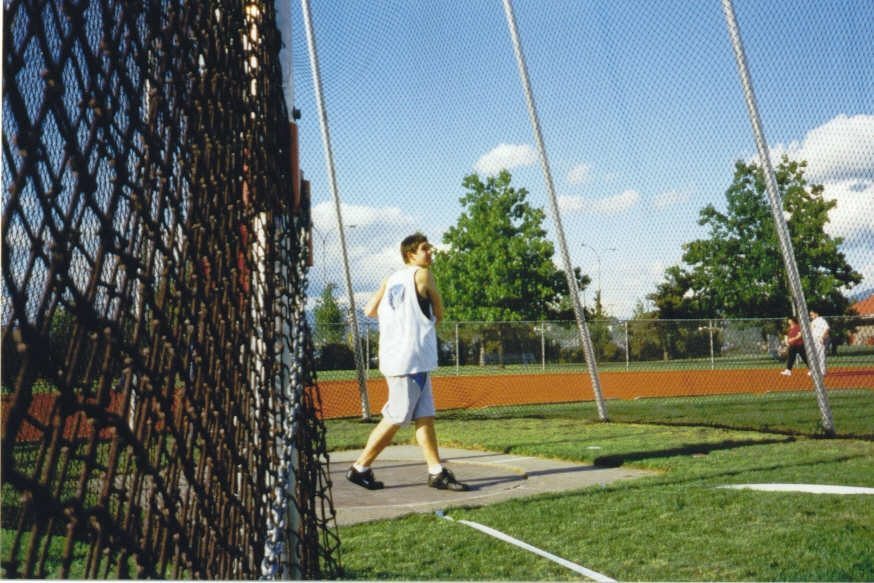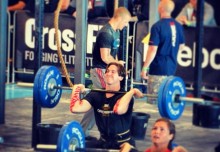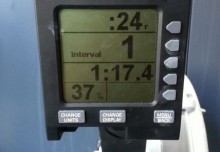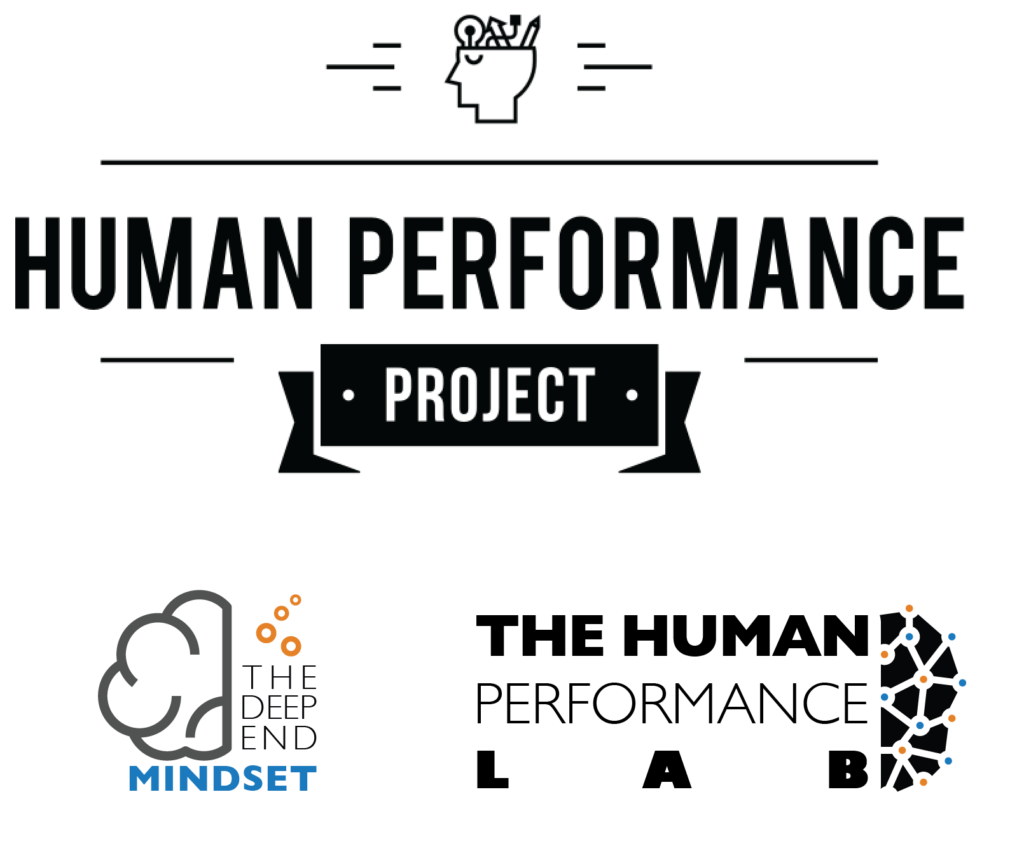Movement perfection versus perfect performance
Last week I talked about the value of practicing “intentional perfection” in Crossfit. The theory is simple, Crossfit has proven to be a sport of movement efficiency – the best athletes are the ones who perform each movement perfectly, over and over.
I had lots of great feedback (thank you to everyone who chipped in) and was happy to see some pushback around the word “perfection”. This is especially true in the context of performance and the standard that we hold ourselves to. This can be a major pitfall, one that not only athletes, but every one of us can fall into in all aspects of our lives.
Where do you strive for exceptional performance in your life?
It could be the workshop you’re facilitating, the paper you’re writing, the relationships you’re managing, or even the child you are raising.
This has shown up in many experiences in my life, one in particular I would like to share with you…
Falling short
In high school I was a national level Discus (track and field) thrower. Despite being my “second sport” to basketball, I began to realize the opportunities after winning the U-17 National Championship at 15 years old.
Grade 11 brought with it the World Youth Games, the largest sporting event in the world for my age…
I trained with determination all spring and summer, to qualify I had to throw 53 meters with a 1.5 kilogram disc. This was a tall task, something I had never done before and I would likely be the only one in Canada to achieve the standard. Through several early competitions I had failed to hit the mark, I was close but could not quite line up the 100s of technical cues creating a flawless dance through the pit resulting in the translation of force and power from me to the disc.
Leading up to my last event I was doing everything I could to ensure success. I practiced twice a day. I ritualistically spent time visualizing what that perfect throw would look and feel like. I even wrote down my visualizations to solidify that perfect throw in my mind.
I was as ready as I ever would be.
And so came the final day of competition to qualify. It was a miserable day with rain, wind, and poor conditions but I didn’t let that discourage me. I was feeling good after my first three throws of 47 meters, 48m, and 49m.
I was finding my rhythm, I knew I could really lay it all out there on my last three attempts. As the stormy weather continued on, I broke into 50 meters on my 4th and 5th throws, but it wasn’t quite enough.
The pressure was on, but I knew this is where I would thrive.
As I stepped into the ring the sixth and final time, I summoned all of my energy to channel that perfect throw. I took a deep breath and then triggered the mechanical routine that would guide my hurling body through the pit.
The throw felt great.
It felt exactly like what I had visualized, practiced, and written down over and over. I watched in an eerie silence as the disc floated through the air and eventually touched down further than any of my previous throws.
I walked out of the ring and anxiously awaited the measurement, I knew it was the throw I needed.
“52.82 meters”
Confusion…
That wasn’t the number I was expecting to hear…
And then my heart sunk as the realization set in.
18 centimeters short. I had missed the opportunity of a lifetime by just more than half a foot.
Expecting perfection: a toxic lens
I was frustrated, angry, upset, embarrassed, and ashamed.
I was sure that I could accomplish this goal, I expected perfection, I demanded that level of performance from myself. When it didn’t materialize I didn’t know how to react or what to do other than let all of the negative emotions I had associated with failure pour in.
I was depressed and blue for months. I had failed. These feelings of depression and self doubt not only consumed me internally but affected how I showed up to others.
A shift to acceptance
Eventually, thanks to amazingly supportive parents I was able to reflect and debrief this experience. I realized that my performance didn’t dictate who I was. It didn’t define me. And in fact, how I chose to react to a failure had more long term value than had I achieved the goal. I was also able to acknowledge that it was that intentional practice (visualization, technique, goal setting, recovery) that propelled me to do so well overall. That throw of 52.82 m ended up being the longest in Canada that year, and became a BC Native record.
I would like to conclude with a reflection…
The ability to fully accept ourselves and our performance outcome has huge implications on our long term success. If we are never able to reflect on our tough performances, we lose the opportunity to appreciate the journey, distill the powerful learning opportunities, and translate those into universal life lessons.
Accepting ourselves and our performance outcomes is an essential key to long term growth and success.
Each and every one of us has this choice.
With that, I will leave you with a quote from Brene Brown, one of my favourite leaders on the topics of shame and vulnerability…
“When perfectionism is driving us, shame is always riding shotgun and fear is the backseat driver.”
Subscribe to get my high-impact Crossfit tips, lessons, and learnings in your inbox!







